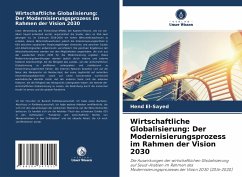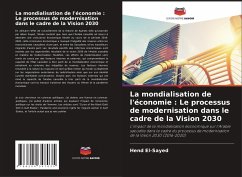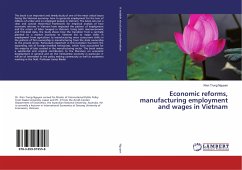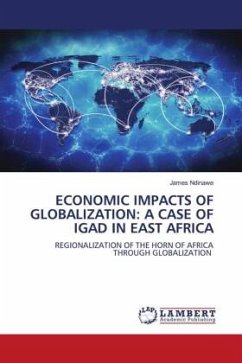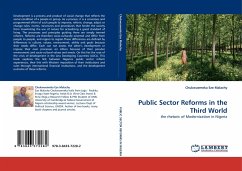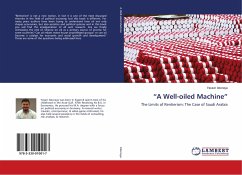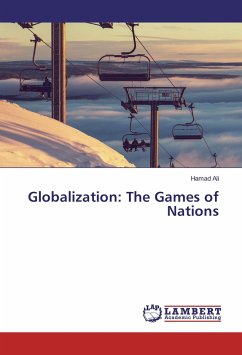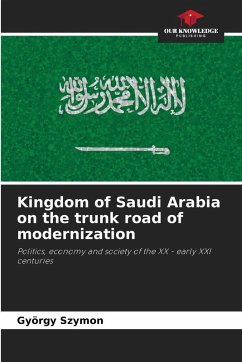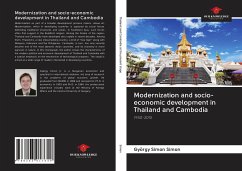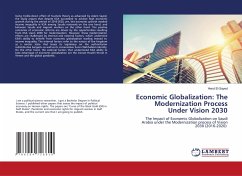
Economic Globalization: The Modernization Process Under Vision 2030
The Impact of Economic Globalization on Saudi Arabia under the Modernization process of Vision 2030 (2016-2020)
Versandkostenfrei!
Versandfertig in 6-10 Tagen
29,99 €
inkl. MwSt.

PAYBACK Punkte
15 °P sammeln!
Using trickle-down effect of Kuznets theory as advanced by Adam Sayed, the study argues that despite KSA succeeded to achieve high economic growth during the period of 2016-2020, yet, this economic growth masked income inequality in KSA among Saudis nationals on the one hand, and between Saudis and migrant workers on the other hand. The positive outcomes of economic reforms are driven by the opportunities resulting from KSA vision 2030 for modernization. However, these modernization efforts are challenged by internal and external factors, which undermine KSA's ability to benefit from economic ...
Using trickle-down effect of Kuznets theory as advanced by Adam Sayed, the study argues that despite KSA succeeded to achieve high economic growth during the period of 2016-2020, yet, this economic growth masked income inequality in KSA among Saudis nationals on the one hand, and between Saudis and migrant workers on the other hand. The positive outcomes of economic reforms are driven by the opportunities resulting from KSA vision 2030 for modernization. However, these modernization efforts are challenged by internal and external factors, which undermine KSA's ability to benefit from economic globalization leading instead to income inequality. The internal factors refer to the nature of the kingdom as a rentier state that bases its legitimacy on the authoritarian redistributive bargains as well as its conservative Sunni Wahhabism identity. On the other hand, the external factors that undermined KSA ability to take advantage of economic globalization are the Iranian Houthi threat in Yemen and the global pandemic.



